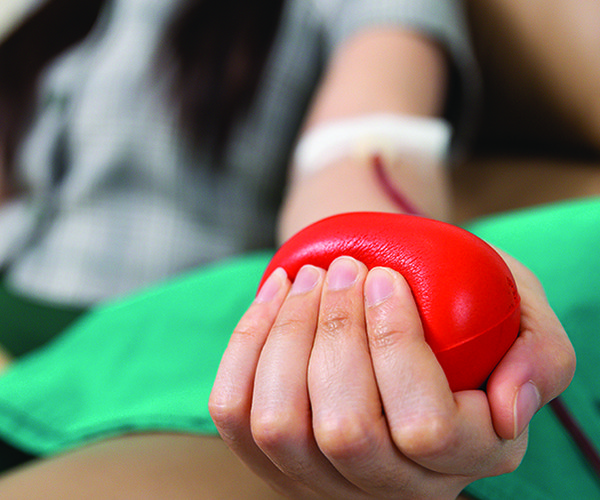Parents know that growing children need a lot of food. According to pediatric dietitian Hanna Leikin, MS, RD, CSP, LD, kids need a higher calorie demand per body weight compared to adults to support bone development, muscle growth and other bodily functions. Perhaps that’s why it seems like a stocked refrigerator or pantry can become barren in just a few days when kids are in the house.
Children are frequently looking for snacks between meals, which means that parents need to have a variety of snack foods at the ready for their youngsters. But it can be a struggle to find healthy snacks children will eat. With that in mind, parents can consider these eight healthy alternatives to less nutritional fare like chips or sugary treats.
Fruit on a stick: It seems any food enjoyed on a stick is fun to eat. This is certainly an item for older kids, as parents won’t want to worry about younger children getting injured with the pointy wooden skewers. Simply slide a variety of chopped or sliced fruit onto the skewers and make a healthy, colorful snack. For an added bonus, include a small cup of low-fat vanilla yogurt for a fruit dip.
Baby carrots and hummus: Who can resist baby carrots? After all, they seem tailor-made for kids’ small fingers. Pair with a homemade or store-bought hummus, which is full of protein and fiber. You can even find dessert hummus, which may prove particularly appealing to children’s palates.
Crackers and cheese: Choose whole-grain crackers and a low-fat cheese. This provides the crunch of chips without the fat and calories. In addition, cheese adds protein and the benefits of calcium and other nutrients found in dairy.
Nut butters and pretzels: Kids need unsaturated fats to spur brain growth and overall development. Nuts and nut butters offer these good fats. The National Institute of Allergy and Infectious Diseases says peanut butter can be given to kids as young as four months old, and that early exposure may prevent peanut allergies. Additional nut butters include almond and cashew. Let kids dip pretzels into the nut butter for a filling snack.
Overnight oats creations: Let kids take part in building jars or containers of overnight oats with their favorite ingredients. When old fashioned rolled oats are mixed with low-fat milk (or dairy alternatives), raisins, granola, fresh fruit, chia seeds, and even low-fat yogurt and left to sit overnight, the result is a spoonable treat that’s ideal for meals and snacks. Plus, the fiber in oatmeal will help keep children feeling fuller longer.
Frozen smoothie bowl: This is a great alternative to ice cream. Simply blend your child’s favorite frozen fruits (and toss in a few veggies) with low-fat Greek yogurt. Serve in a bowl with toppings like granola, finely chopped nuts or coconut flakes.
Energy balls or bars: Mix dates, nuts, seeds, and rolled oats and press into bar shapes or roll into bite-sized balls when kids need a sweet and energizing snack.
Turkey and cheese roll-ups: Ensure that kids are getting enough protein by offering a lean protein source like sliced turkey. Roll up a slice of turkey or sliced chicken breast around a cheese stick for a portable and fun snack.





